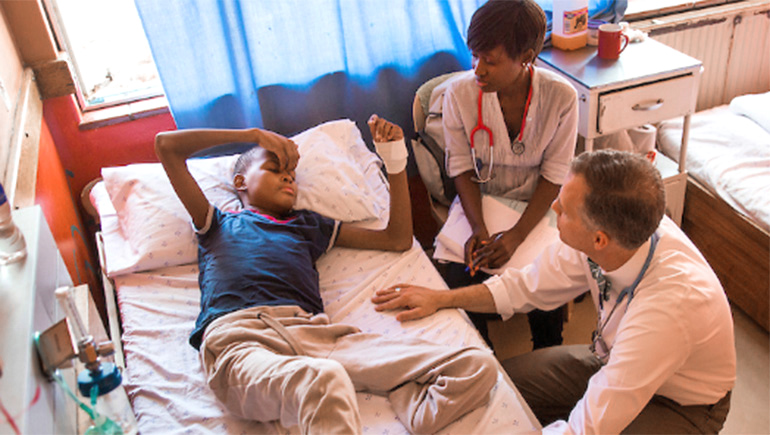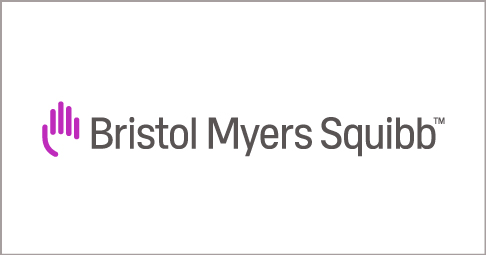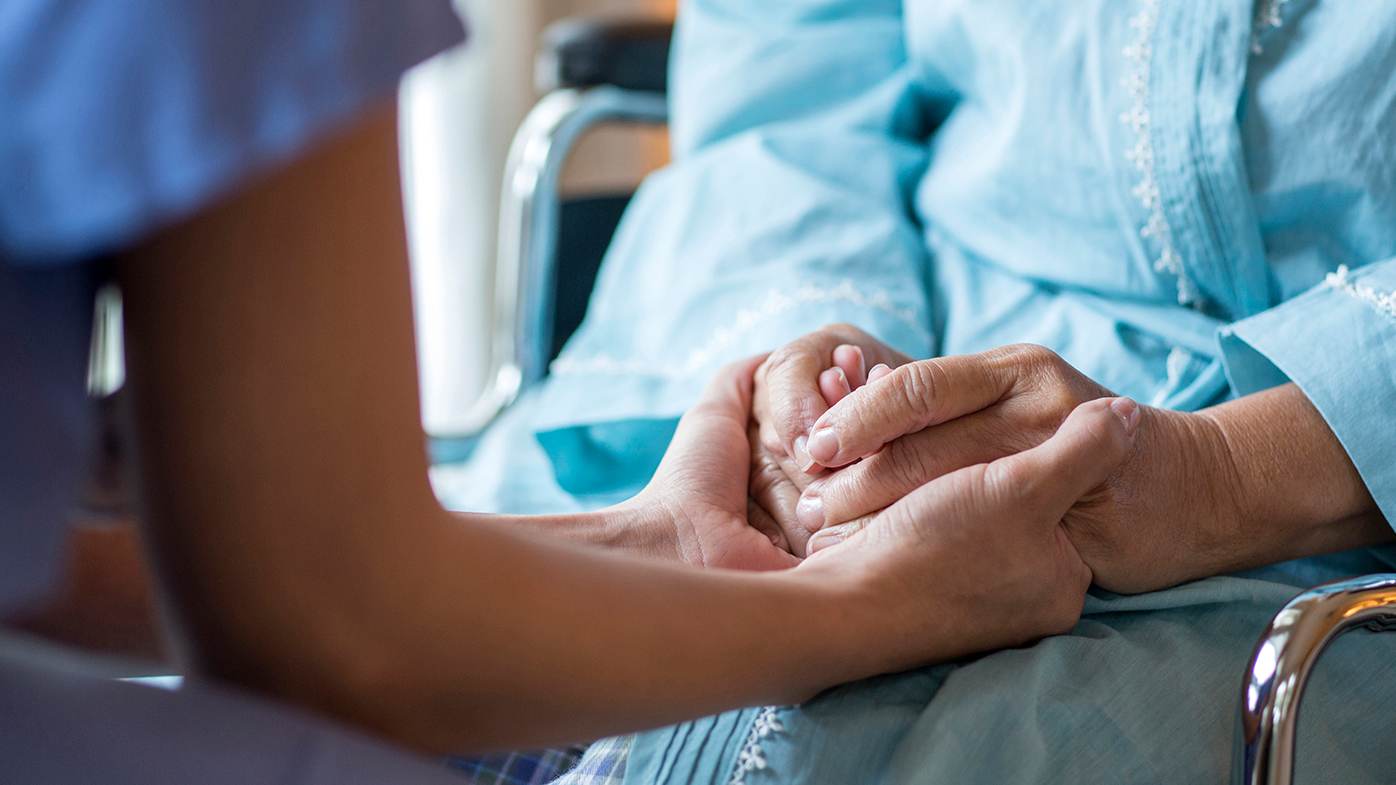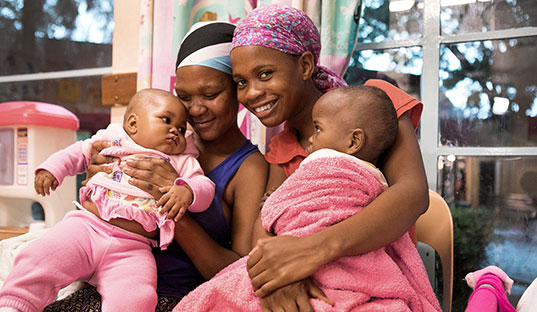
Access to specialist care plays a key role in optimum cancer treatment. In major cities, only 6 per cent of people report not seeing a specialist because they do not have one nearby. Unfortunately, this increases to 30 per cent of people in outer regional areas and 58 per cent in remote and very remote areas of Australia.1
The Victorian Comprehensive Cancer Centre (VCCC) further reports that less than 5 per cent of regional cancer patients participate in any clinical trials, noting that there has been a correlation between clinical trial participation and improved cancer survival.2
There are many barriers to participating in cancer clinical trials for people from regional and rural Australia. These include the time and cost of travelling to the trial area and the need to spend time away from family — which are significant sacrifices for those who often have increased costs as a result of living with cancer and who wish to spend precious time with the people closest to them.
Driving diversity and inclusion in clinical trials
Working to improve the health outcomes of populations that are disproportionately affected by serious diseases has long been a global and local focus of leading biopharma company, Bristol Myers Squibb. In each country where it operates, the company is determined to find innovative ways of supporting the communities who are at greatest risk of inequitable access to healthcare. In Australia, this has led the company to explore new ways of increasing regional and rural participation in clinical trials.
Acutely aware of the need for people living in rural and regional areas to access clinical trials closer to home, the Clinical Oncology Society of Australia (COSA) Rural and Regional Group developed the Australasian teletrials model. The model builds on existing tele-oncology, enabling clinicians at a larger primary site to enrol, consent and treat patients in clinical trials by partnering with smaller regional and rural trial sites. The primary and satellite sites are then connected through telehealth models of care.3
A first for immuno-oncology clinical trials in Australia
In 2018, Bristol Myers Squibb became the first pharmaceutical company in Australia to conduct an immuno-oncology trial in regional Australia utilising the COSA teletrials model. Immuno-oncology or immunotherapy is a type of cancer treatment that uses the body’s immune system to fight cancer. The Checkmate-648 Oesophageal Squamous Cell Carcinoma Study utilising the teletrials model compares treatments for one of the two main forms of oesophageal cancer: squamous cell carcinoma. In Australia, an estimated 1587 new cases of oesophageal cancer of all types will be diagnosed in 2020 with a 5-year survival rate of just 22 per cent.4




